
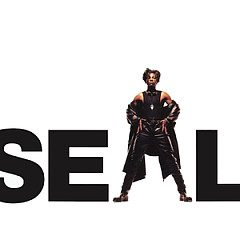
In "Kiss From A Rose," seal sings "kiss from a rose on a gray," not "grave," but he won't explain the lyric, feeling listeners should adapt the song to their own experience.
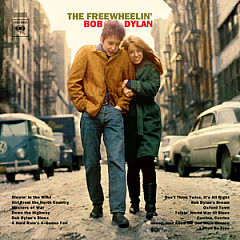
Bob Dylan was little known when he released "Blowin' In The Wind" so the cover versions - especially by Peter, Paul and Mary and Stan Getz - were much more popular at the time.
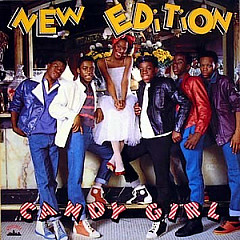
In the UK, the first #1 hit with a rap was "Candy Girl" by the American boy band New Edition in 1983.
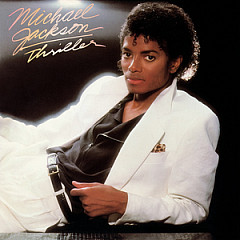
"Wanna Be Startin' Somethin'" was Michael Jaskson's attack on the tabloid press: "They eat off of you, you're a vegetable."

The New Year's Eve favorite "Auld Lang Syne" is a Scottish song that roughly translates to "Days Of Long Ago."
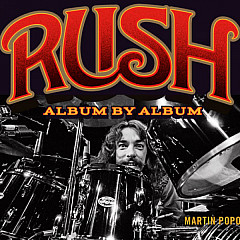
A talk with Martin Popoff about his latest book on Rush and how he assessed the thousands of albums he reviewed.
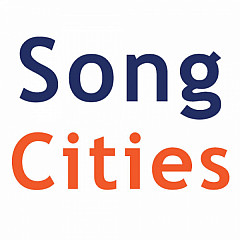
Nirvana, Billy Joel and Bruce Springsteen are among those who wrote songs with cities that show up in this quiz.
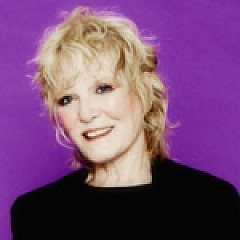
Petula talks about her hits "Downtown" and "Don't Sleep In The Subway," and explains her Michael Jackson connection.
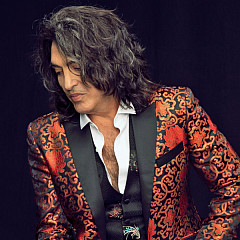
Paul Stanley on his soul music project, the Kiss songs with the biggest soul influence, and the non-make-up era of the band.

The Scorpions and UFO guitarist is also a very prolific songwriter - he explains how he writes with his various groups, and why he was so keen to get out of Germany and into England.
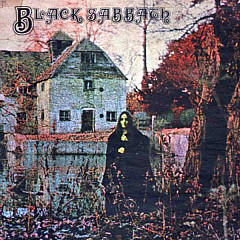
Just how much did these monsters of rock dabble in the occult?